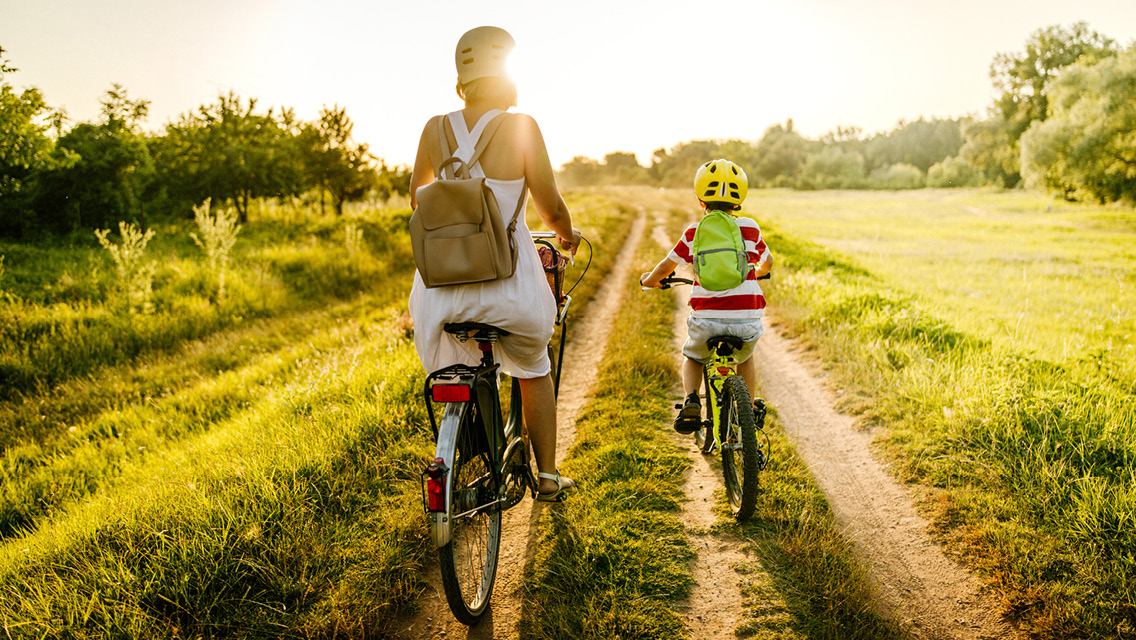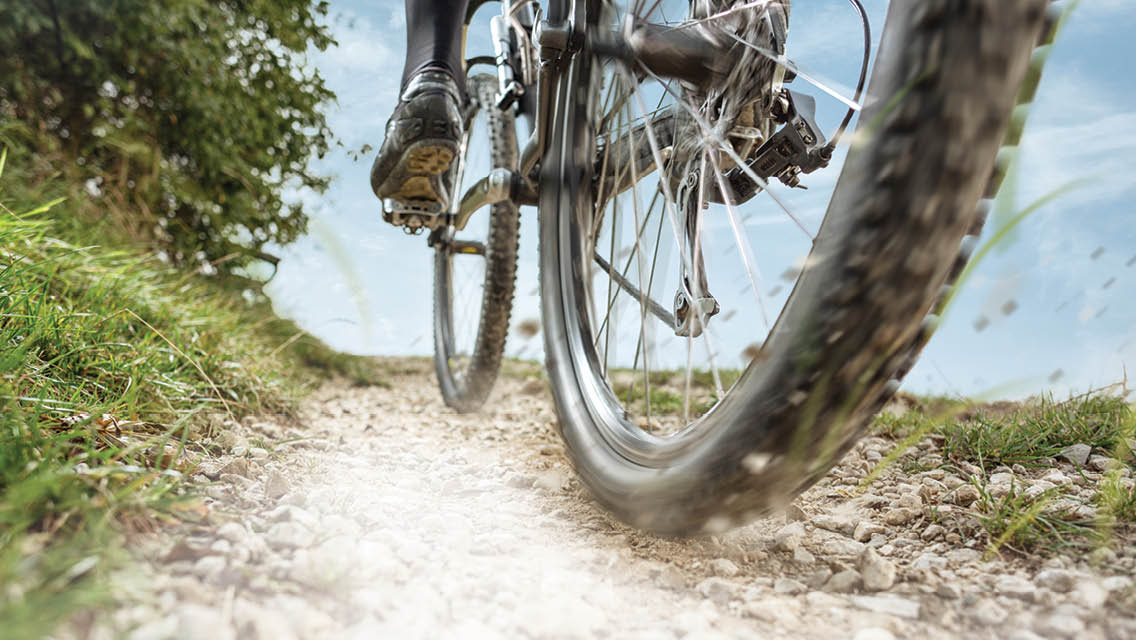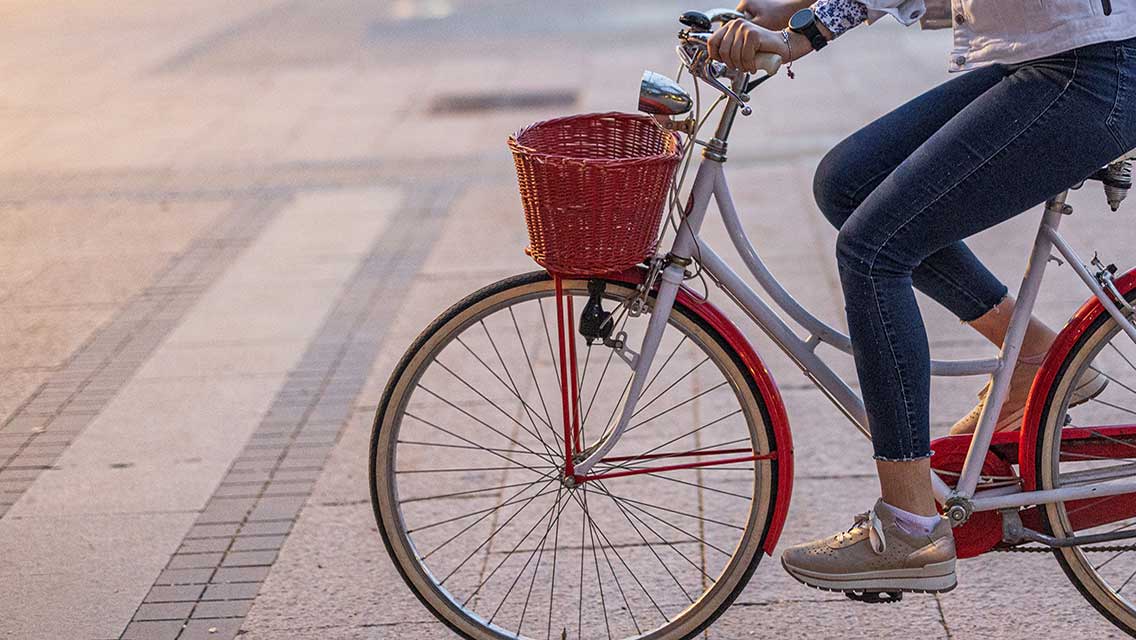“Let me tell you what I think of bicycling. I think it has done more to emancipate women than anything else in the world.” So proclaimed abolitionist and suffragist Susan B. Anthony in an 1896 newspaper interview.
Bicycling continues to help bring change today — on even more fronts. When we consider the benefits of the activity, we usually think of our health, but we can’t overlook the environmental, economic, and even social impacts.
Cycling offers the chance to combat the climate crisis with every pedal stroke: Commuting by bicycle benefits the environment, explains cyclist and activist Monica Garrison.
“Do your part to save the planet by adding carbon-neutral cycling to your bag of tricks,” she says. “Bikes are simultaneously ideal for short trips and long journeys of self-discovery. Arriving at your destination with only the power generated by your legs, your pumping heart, and your determination is amazingly satisfying.”
Cycling can do more than even that, as Garrison is proving: It can make the world a better place for all. When, as an adult, she rekindled her childhood love for biking, she discovered firsthand the health benefits of cycling, and she sought to share them. So, in 2013, she started a Facebook group called Black Girls Do Bike; it has since blossomed into a movement boasting more than 100 chapters from Alaska to Antigua to London. The group promotes cycling advocacy, self-care, and camaraderie.
“The bicycle has been called a joy machine — some enthusiasts say riding a bike is almost like flying,” Garrison says. “A bicycle ride is one of the best ways to clear your mind and feed your soul — all while taking in the sounds, smells, and textures of your environment.”
A 2015 Rice University exploration of cycling’s social effects found that it builds community while empowering diverse age, racial, and socioeconomic groups: Bikes “can become powerful vehicles for breaking down economic and social barriers to equality as well.”
“Let me tell you what I think of bicycling. I think it has done more to emancipate women than anything else in the world.”
— Susan B. Anthony
“Cycling can build a community,” says Kristi Mohn, marketing manager for Life Time’s UNBOUND Gravel, Big Sugar, and The Rad events, as well as podcast cohost of Girls Gone Gravel. “It truly brings people together, being active and outside.”
And during the pandemic, cycling boomed — as a mode of transportation, a pastime, and simply an escape.
A meta-review published in the journal Sustainability in 2021 cheered for the changes and suggested them as a road map for the future: “A monolithic pro-car ethos, and an urban-development narrative strongly tied to it, is something that we need to leave behind; this was simply not good enough, and this is an opportunity for a positive and permanent change fueled by the success stories of active mobility, in general, and cycling, in all its facets, in particular.”
Such possibilities were not lost on cycling enthusiasts of yore, either. British author H.G. Wells wrote The Time Machine, The War of the Worlds, and other pioneering science-fiction novels in the 1890s, but when it came to prophesying times to come, he was hopeful. In a 1905 novel titled A Modern Utopia, he augured that “cycle tracks will abound in Utopia.”
He’s also oft-quoted as having stated, “Every time I see an adult on a bicycle, I no longer despair for the future of the human race.” Whether he actually wrote those words or not, the sentiment is certainly inspiring.
This was excerpted from “Healthy Revolutions” which was published in the April 2022 issue of Experience Life magazine.




This Post Has 0 Comments